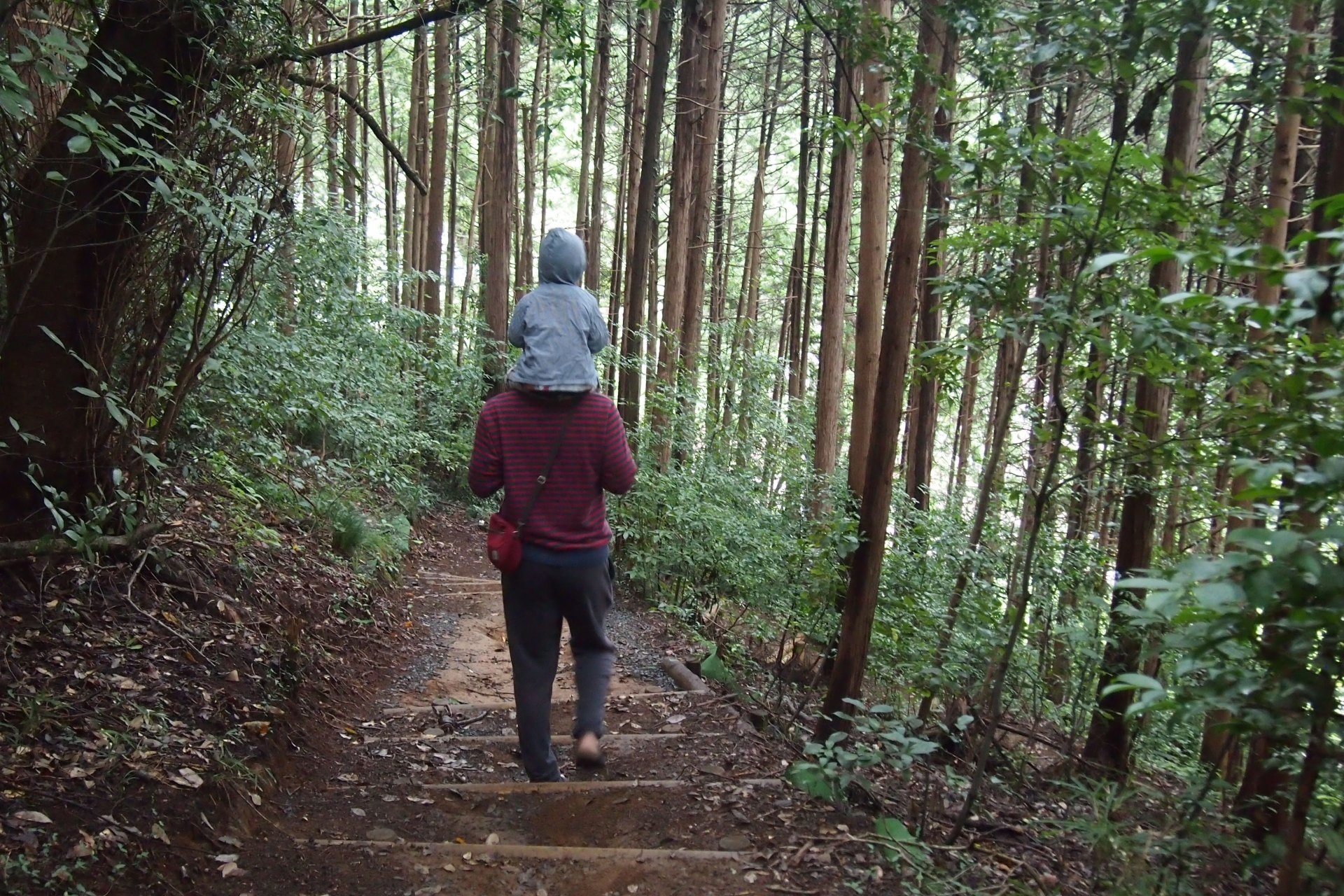Things going down to posterity
Hokkaido, this northernmost island of Japan, is getting deserted. In rural areas (Hokkaido itself can be said a rural area in Japan, though), you can see abandoned and collapsing houses everywhere. Houses with a roof and walls deformed by the weight of snow, like ones in Tim Burton’s movies. Rusty bicycles, snow shovels, etc. are partly seen to be scattered in the grass around such houses. They are returning to the earth. Generally, such sceneries may just look sad, but (as writing before) I personally like to see them. They remind me of the fact that we are also a part of nature. At the same time, I’ve been interested in the difference between such things returning to the earth and the other things passed down to the next generation.
Too dificult decision: What should be passed to the next generation
I once attributed the differences to the features or characteristics of things, but the following words of a museum curator that I found in an article gave me a good awareness. He said “There’s no high and low in things. In order to study a specific period of history, important are things made and used at that time. Once we lose things, we can never take them back, and will even forget the fact that they existed. It’s too big a responsibility for one generation to decide which thing should stand the test of time. I want to keep as many things as possible to the next generation.” We sometimes unconsciously act like the ruler of the world. In fact, we appeared only for a moment in the long history of mankind to pass the baton, though.
We have to learn more from the experience of others
I think many people believe whether things are saved or not is the result of the test of time, and also that things worth saving are saved anyway. In fact, it seems most of them are just arbitrarily selected and happen to be preserved by some enthusiasts. As the curator said, things brought in the museum are only a part of many things equally valuable.
Once, there were many wooden furniture manufacturers everywhere in Hokkaido, the area of rich forests, but more than half of them are gone now. I come to think our struggles to survive in the market have more meaning than business continuity, remembering we are just dwarfs standing on the shoulders of giants.

Shungo Ijima
He is travelling around the world. His passion is to explain Japan to the world, from the unique viewpoint accumulated through his career: overseas posting, MBA holder, former official of the Ministry of Finance.
Photo Credit: https://places.branipick.com/abandoned-house-in-hokkaido/

